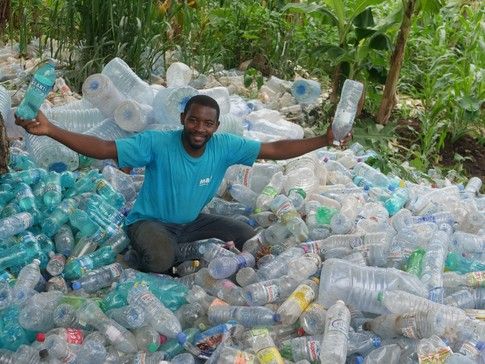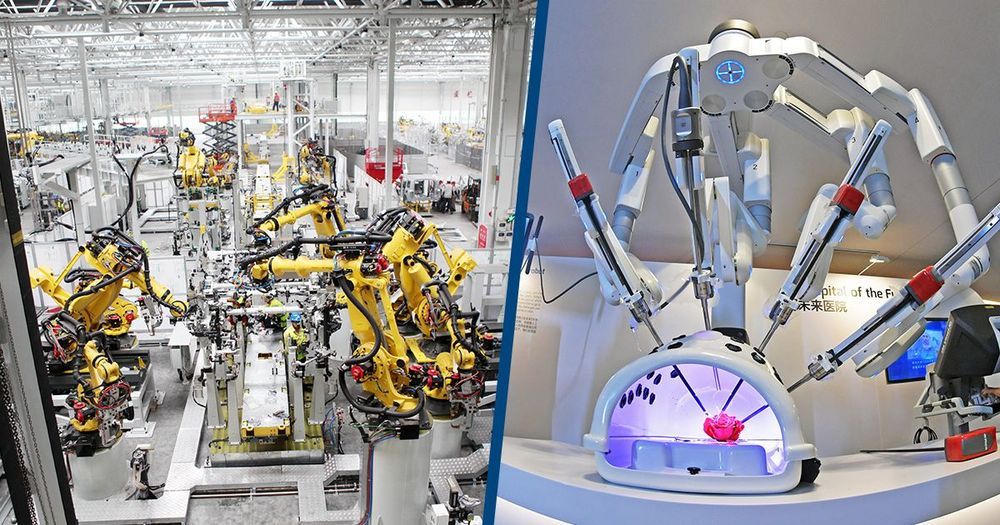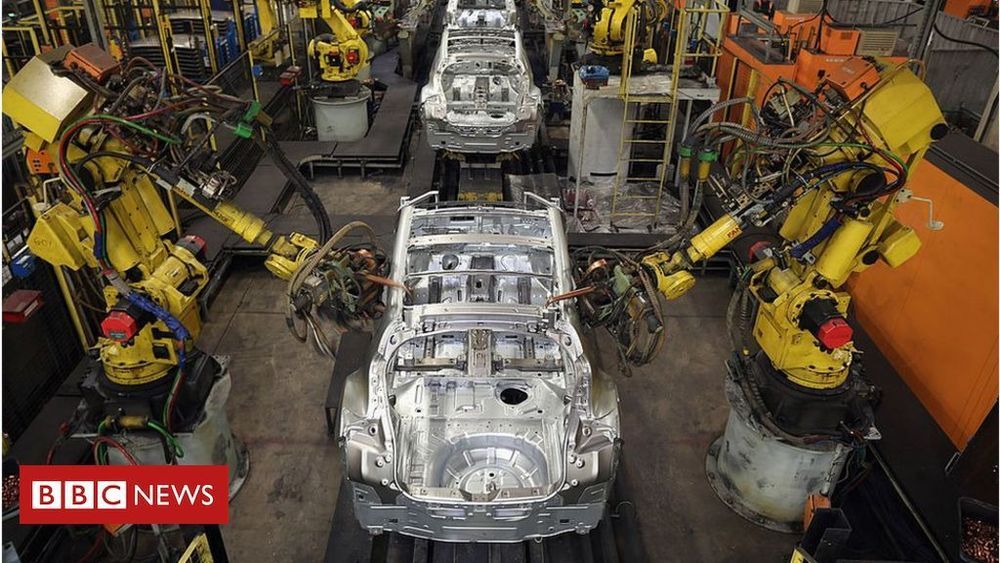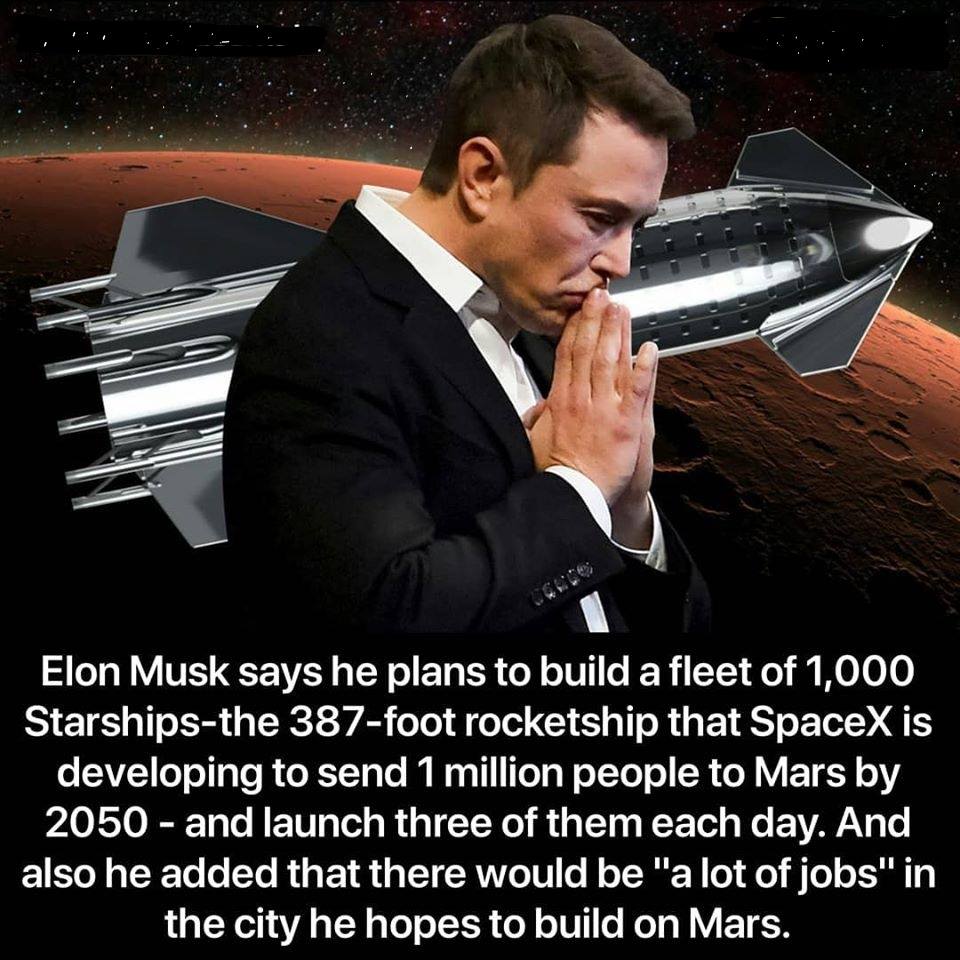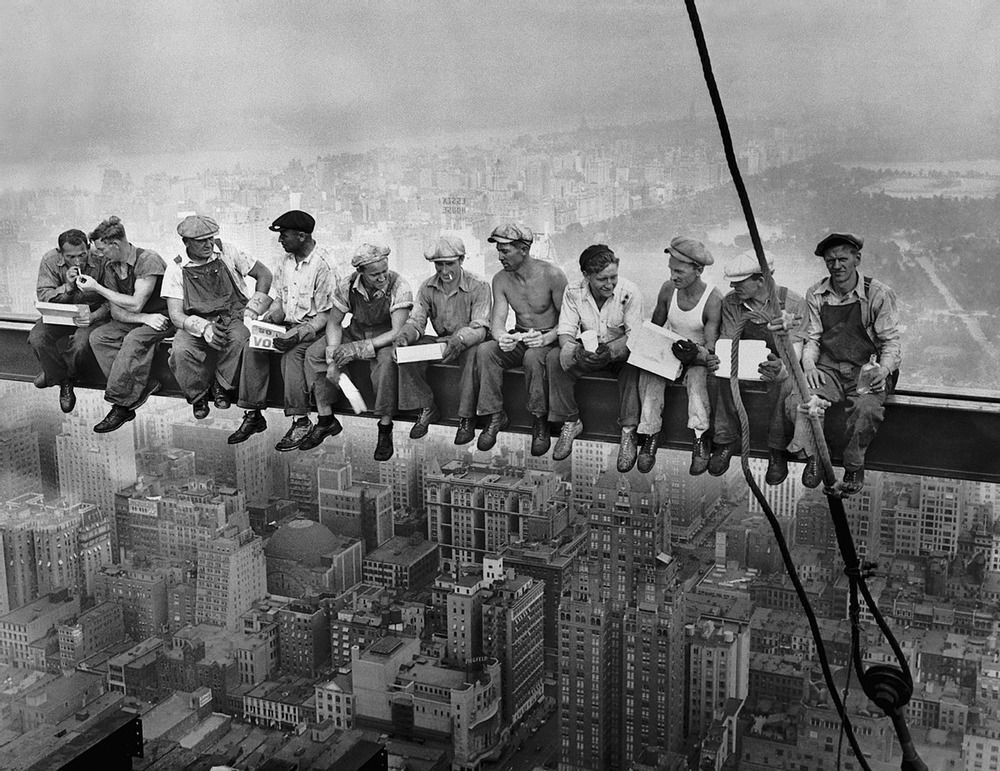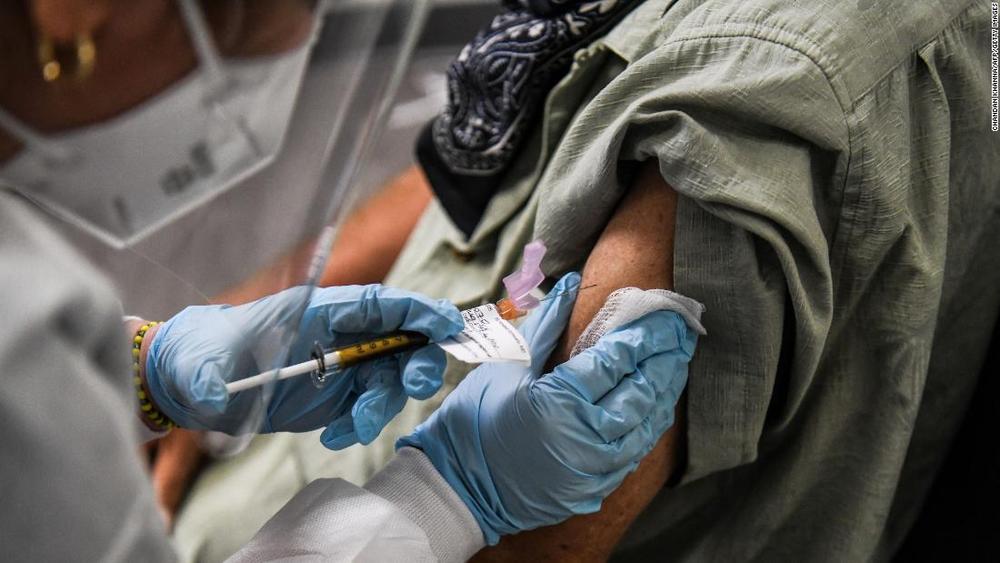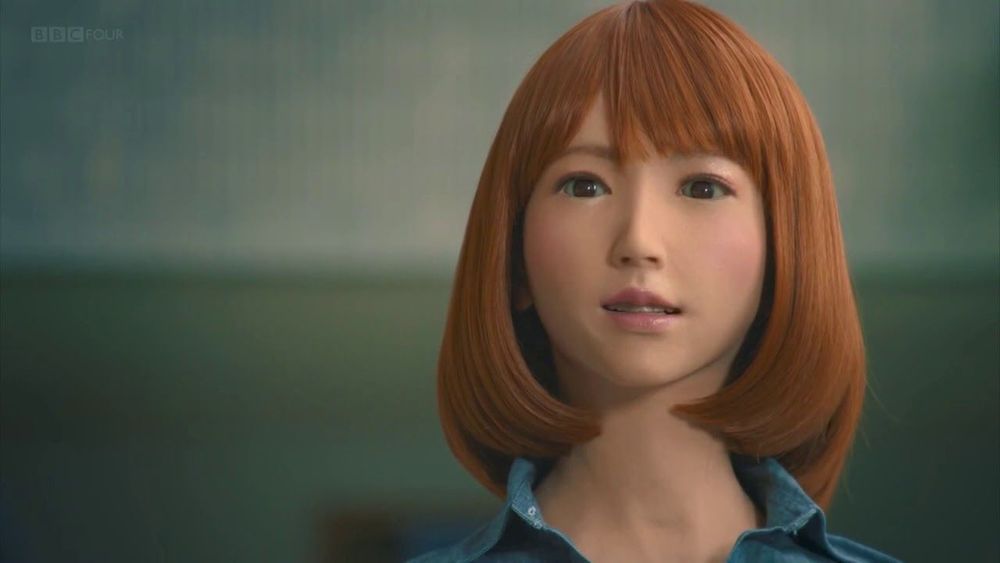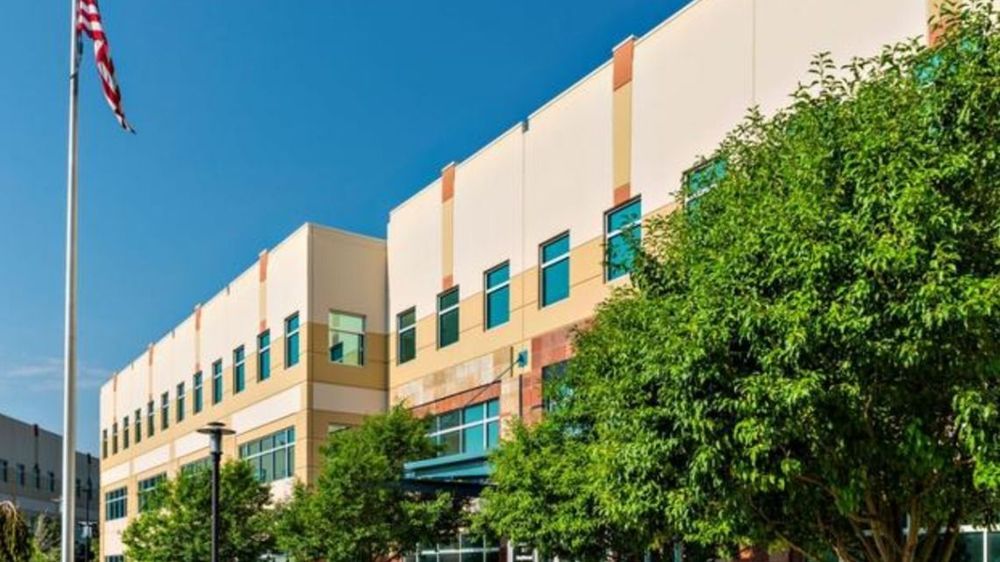National infrastructure projects that are “shovel ready” for 2021. The projects included everything from fixing the Hudson River railroad tunnels to building a nationwide system of new passenger and High Speed Rail, along with extending broadband, fixing our subway System, constructing hurricane prevention dikes and canals, replacing the aged drinking and wastewater systems, and repairing our crumbling bridges and roads. These projects and more would be funded by HR 6422, The National Infrastructure Bank Act of 2020,” by investing $4 trillion into infrastructure and creating over 25 million new high-paying jobs.
The Coalition is an organization of individuals and groups dedicated to one common purpose: To get legislation enacted by the U.S. Congress to create a $4 Trillion National Infrastructure Bank. The Bank will finance infrastructure projects that will create 25 million new, good-paying industrial jobs in America.

